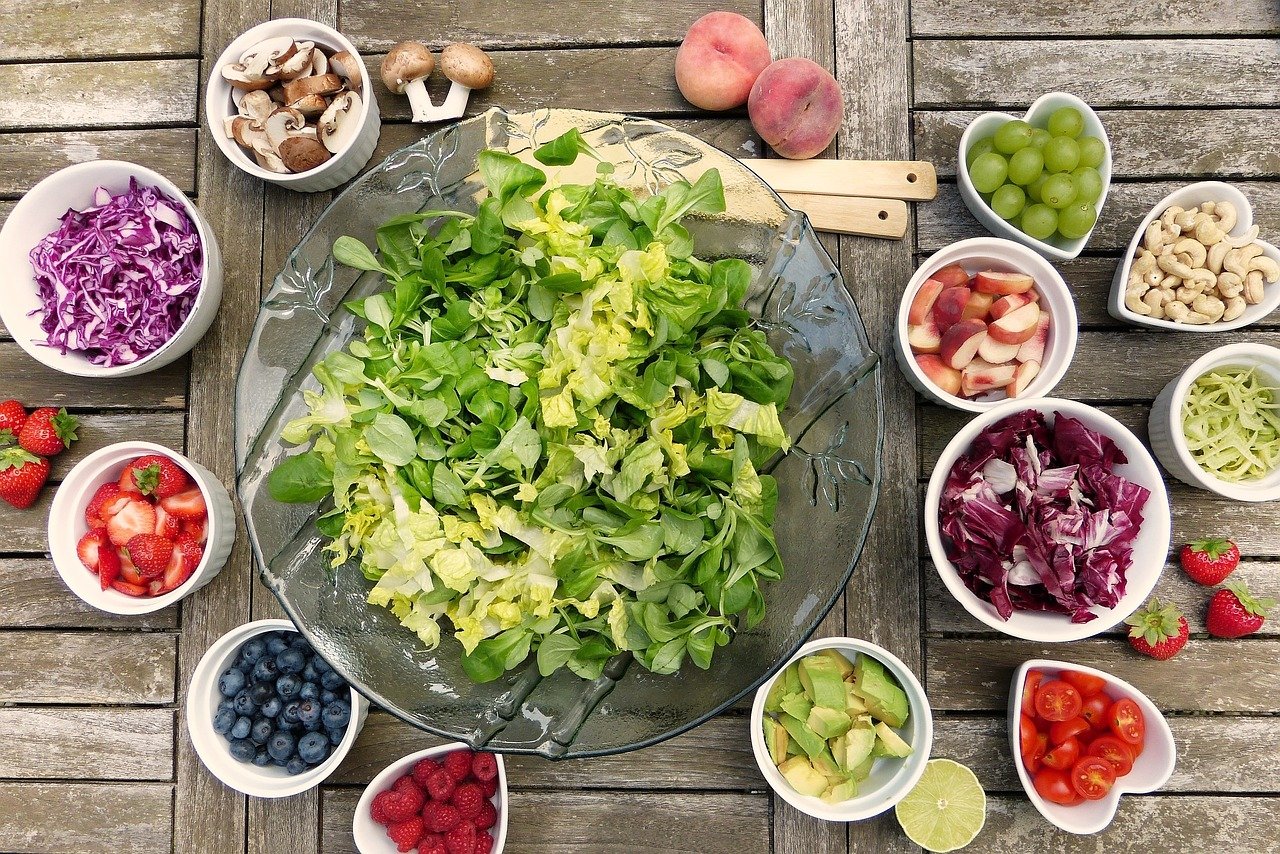To overcome aging is impossible, but death can be delayed. Our longevity is determined by genetic and environmental factors, which have an impact on illness and survival. According to the latest study by a researcher at the Medical University of Vienna,
published in Critical Reviews in Food Science and Nutrition, the genetic influence on the human lifespan is approximately 20-25%. So, the other 75-80 % depends on environmental or lifestyle factors. Mortality is related with aging-associated diseases, for instance, cancer or cardiovascular illnesses. Nowadays, improvements in income, nutrition, education, and especially hygiene, and health care determine a longer lifespan of humans. It is known that people from Japan have a longer lifespan than people who live in other parts of the world. Abstaining from smoking, engaging in regular physical activity, social and purposeful living, maintaining normal body mass, and, of course, consuming a lot of vegetables, fruits, and whole grains can help to delay death. So, several anti-aging foods and its impact on health are presented in this article.
Vegetables and fruits are key for long life
Foods that benefit reverse aging include vegetables and fruits. Increased consumption of fruit and vegetables is recommended for the prevention of chronic diseases. Cardiovascular disease is one of the leading causes of death.
The study, conducted by scientists from China and USA in 2014, showed that higher consumption of fruit and vegetables was associated with a lower number of deaths from cardiovascular disease. According to the results, the risk of cardiovascular mortality was decreased by 5 % for each serving a day of the combined consumption of fruit and vegetables. In another study presented in this article, individuals who consumed more than five servings a day had a more than 25 % lower risk of heart attack than those who consumed less than three servings a day. Fruits and vegetables can help to reduce cardiovascular mortality because this food has plenty of antioxidant compounds, including vitamin C, carotenoids, and flavonoids. These compounds help to prevent the oxidation of cholesterol in the vessels. The oxidation of cholesterol occurs when its particles meet with the free radical molecules that change the chemical structure of cholesterol. Oxidized cholestrol are very dangerous to health. Its molecules sink directly into the walls of the arteries, causing inflammation and blocking blood flow. Also, these antioxidants increase the formation of prostacyclin. This bioactive lipid inhibits platelet activation and reduces vascular tone. According to scientific articles, increased consumption of fruit and vegetables can also decrease blood pressure. Also, it should be mentioned that fruits and vegetables have a high amount of magnesium and potassium, which can be also associated with lower mortality risk.
Whole grains and spermidine advantages
Spermidine, which is found in mushrooms, legumes, corn, whole grains, aged cheese, and wheat germ, is a polyamine. Polyamines are organic compounds that have more than one -NH2 group. These amino groups are also found in our body proteins (antibodies, enzymes, hormones, and others). In addition, spermidine is also synthesized by probiotic bacteria in the digestive tract. Spermidine is important for metabolic pathways, but its function is not entirely clear. Spermidine binds to DNA and stabilizes it. During protein synthesis in the cell, spermidine can change the form of ribosomes (organelles that synthesize proteins). Errors in synthesis of proteins disrupt cell fitness and causes illness. This makes polyamines a therapeutic target. In one article, it was shown that spermidine also increases the lifespan of yeast, worms, flies, and human immune cells. In conclusion, spermidine-rich foods might be a great solution to delay senescence in humans.
Intresting fact: can red wine prolong our lifespan?
It is a known fact that red wine and grapes have a high number of polyphenols, including resveratrol. New studies have shown that resveratrol activates the SIRT1 gene. Aging and senescence have been associated with a decline in SIRT1 expression and red wine and grapes have accelerated this gene expression. SIRT1 gene regulates various processes including our genetic DNA repair, fatty acid oxidation, and neurogenesis. To begin with, DNA is the most important organic compound which determines protein synthesis, growth, cell repair in our body, and reproduction. If our cells suffer from various stress factors, such as heat, chemical agents, and others, DNA can be damaged leading to a disruption of protein (enzymes, hormones, etc.) synthesis, cell death, tissues or organs, and, of course, all organism dysfunction. So, the process of DNA repair is associated with stress resistance. Also, resveratrol regulates neurogenesis. Neurogenesis is a process in which new neurons are formed in the CNS. CNS consists of the brain and spinal cord. It was previously thought that such a process was only possible during mammalian embryogenesis. However, neurogenesis is possible in the CNS of adult mammals as well. In mammals, the process of neurogenesis has been found to be active in the lateral ventricle and hippocampus. Neurogenesis in other areas of the CNS is very limited or impossible at all. Finally, the oxidation of fatty acids in other words is a breakdown of fatty acids, which can decrease the risk of heart disease and stroke. It should be mentioned that resveratrol can also have antioxidative, and anti-inflammatory effects. However, these studies are primary and scientists need more pieces of evidence.
In conclusion, if you eat more vegetables and other plant-based foods, you will live longer. This finding was reaffirmed in recent studies presented above. According to the latest study by researchers at the University of Bergen,
published in PLOS Medicine, eating more legumes, whole grains, and nuts, and consuming less red and processed meat increase life expectancy. The study revealed that the life expectancy of those in their thirties has increased the most - by an average of 13 years for men and almost 11 years for women. Life expectancy has increased by an average of 8 years for people aged 60 and over who have switched from a normal western world diet to a diet with more plant-based products. All in all, enrich your
longevity diet with vegetables, fruits, and whole grains to improve your health and decrease the risk of mortality. Also, here is some good news for wine lovers – if you want to live longer, drink red wine.

